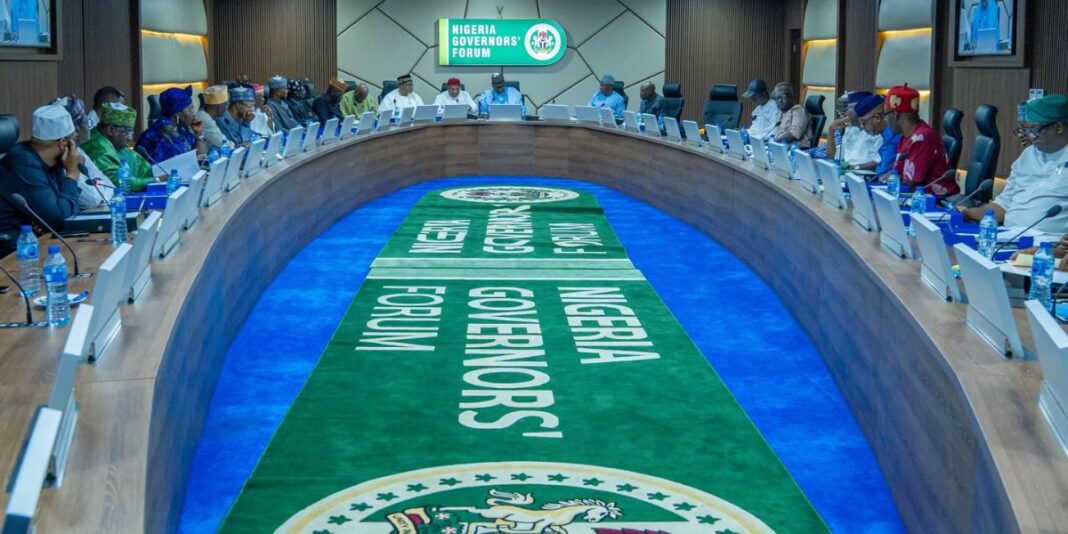Efforts to implement full financial autonomy for Nigeria’s 774 local governments have hit a major roadblock, as several state governors have reportedly warned local government chairmen against opening accounts with the Central Bank of Nigeria (CBN) for direct allocation payments.
This development comes nearly nine months after the Supreme Court ruled in favor of granting full autonomy to local governments, mandating direct disbursement of federal allocations to their accounts. Following the judgment, a federal implementation panel was established to oversee compliance.


In alignment with the panel’s recommendations, the CBN was directed to create individual accounts for all local governments, ensuring that allocations from the Federation Account are paid directly—without state government interference.
However, resistance from governors has stalled progress. At a recent meeting of the Federation Account Allocation Committee (FAAC) Technical Sub-Committee, it was revealed that only local governments in Delta State had submitted their account details.
According to reports by The PUNCH, several council chairmen have accused governors of using threats and coercion to block them from complying with the CBN directive. One chairman from a South-East state disclosed that they even proposed a compromise—remitting 50% of their monthly allocation to the state government if allowed to open a CBN account—but the governor rejected the offer.
“Our governor has threatened all of us not to open accounts with the CBN for the direct payment of our allocation. We even proposed remitting half of the allocation to him monthly, but he still declined,” the chairman said.


Sources suggest that many governors fear losing control over local government funds—a long-standing source of political and financial influence.
In addition to political resistance, the stringent account-opening requirements set by the CBN may also be contributing to the delays. Some governors have expressed concerns about the bureaucratic process, though critics argue that the primary opposition stems from the potential loss of financial leverage.

The implementation panel, which includes the Attorney-General of the Federation, Lateef Fagbemi, SAN, and the former Accountant-General of the Federation, Oluwatoyin Madein, has begun consultations on resolving the deadlock. A major challenge remains the identification of local governments with democratically elected leadership—a criterion for account eligibility.
Despite the Supreme Court ruling, the autonomy of local governments remains more theoretical than practical, as state governors continue to exert influence over local finances.




